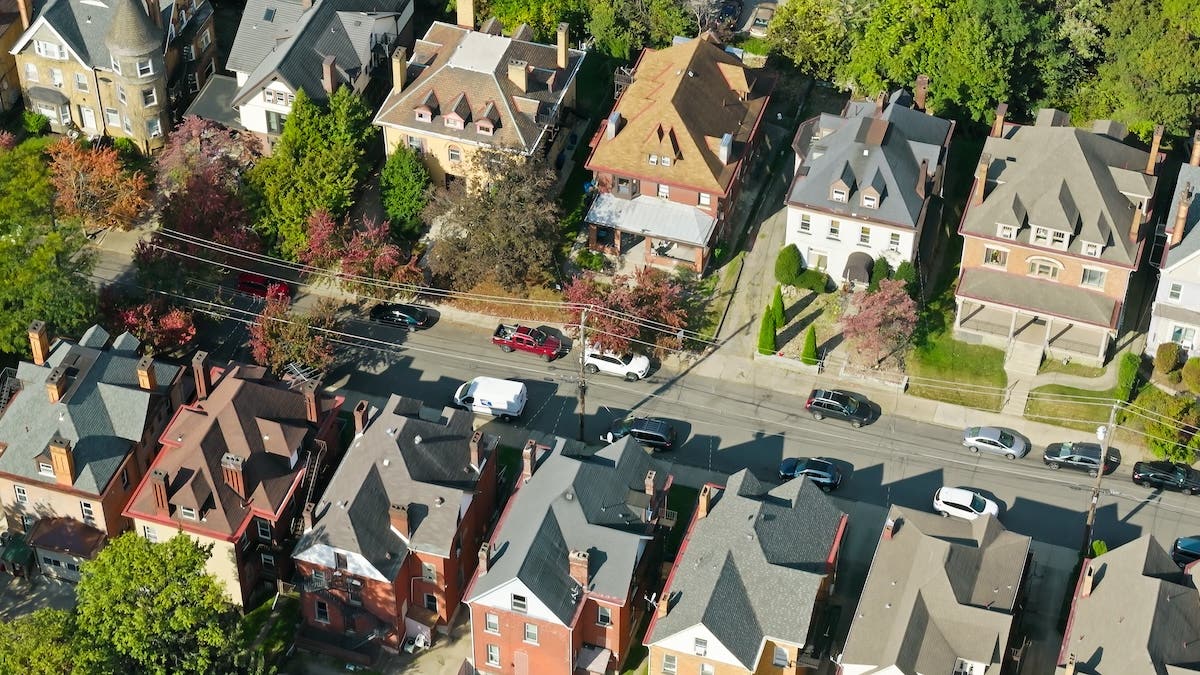How much does it cost to sell a house in Pennsylvania?

If you’re gearing up to sell your home in the Keystone State, it’s easy to focus on how much you stand to earn at closing. But to keep this transaction in perspective, you’ll also want to tally the costs associated with selling the house. Preparing a home to sell comes with expenses, whether you are making repairs or sprucing things up to attract prospective buyers. You’ll also need to part with some of your money at the closing table to cover various taxes and fees. Being prepared and crunching the numbers ahead of time will help you avoid any big surprises as you figure out the cost to sell a house in Pennsylvania.
Sellers’ closing costs
When a house changes owners, the seller’s closing costs can include anything from local taxes to deal sweeteners offered to the buyer. Common closing costs for Pennsylvania home sellers can include:
- Transfer taxes: This common real estate tax is typically split between the buyer and seller in Pennsylvania. The amount of the split is usually negotiable.
- Title-related fees: The buyer typically pays for the title insurance policy in PA, but this fee is also often negotiable.
- Property taxes and HOA fees: Home sellers are responsible for property taxes on the home right up until the day ownership changes hands. For properties that are part of homeowners associations, the same is true for HOA fees.
- Concessions: Seller concessions are very common and can include offering to pay for needed repairs or cover some part of the buyer’s closing costs. If these were negotiated in your contract, the amounts will be due at closing.
- Attorney fees: Pennsylvania home sellers are not required to hire an attorney, but many choose to do so anyway to protect their interests in such a big financial transaction.
- Mortgage payoff: If your home still has a mortgage on it, which is very common, that will need to be paid off before the sale can be finalized. Typically, the amount due is subtracted from your proceeds.
Real estate agent commissions
Agent commissions are often one of the most substantial expenses when selling a home. Each agent involved in a sale typically earns somewhere between 2.5 and 3 percent of a home’s final sale price — the exact percentage, and whether it will be paid by the buyer or the seller, is negotiated beforehand. While a seller is technically responsible only for their own agent’s commission, it’s not uncommon for the seller to cover both agents’ costs.
As of November 2024, the median sale price of homes in Pennsylvania was $299,100, according to Redfin data. So each agent in a home sale here stands to earn between $7,477 and $8,973.
Home prep and moving costs
Before listing your home, you’ll need to factor in the upfront costs to prepare it for sale, including any needed repairs that might concern buyers. For instance, maybe your roof needs some work. The average price of a roof repair is approximately $1,151, according to data from HomeAdvisor. Smaller costs can also add up, such as fixing a leaky faucet or sprucing up your curb appeal.
And don’t forget about post-sale expenses — packing supplies and the cost of professional movers will also require a significant outlay, especially if you’re moving long-distance. Consider renting a storage unit to declutter the house and transition toward your upcoming move.
How much do I get from selling my house?
The amount you can expect to walk away from the transaction with is known as your net proceeds. To calculate how much yours will be, you can typically subtract all sale-related costs from the home’s sale final price. Don’t forget to include your remaining mortgage balance and any applicable agent commissions.
Reducing costs
Though selling your home comes with unavoidable expenses, there are steps you can take to reduce these costs:
- Negotiate Realtor commissions: Agent commissions are negotiable, and even a small discount here has the potential to save you thousands. When you interview candidates, ask about their rates and if there’s any wiggle room.
- Sell the home yourself: If you can’t stomach the thought of paying a Realtor commission and are willing to put in the work, consider a for sale by owner transaction. This means listing, marketing and selling the house on your own, without the help of a professional agent. While you’ll save on commission, you’ll have to invest plenty of time and effort in exchange.
- Sell as-is: Selling your house in as-is condition is another option for trimming costs, as it allows you to skip upfront repair costs. However, you might find you earn less on the sale because buyers will know there is work that needs to be done.
- Comparison shop: Shop around to find the service professionals who offer the best prices. Attorneys, photographers and title companies are just a few examples you can compare.
Alternatives
If a traditional sale isn’t for you, there are alternatives to consider:
- Cash homebuyers: Local cash-homebuying companies can purchase your property extremely quickly, often even if it needs significant repairs, and with no fees or commissions. After making improvements and repairs, they will usually flip or rent the house for a profit. This is not the most lucrative option for selling a home, though, as you’ll likely get a lower sale price.
- iBuyers: Another option is selling to an iBuyer. This process involves a cash transaction with an online company, similar to other cash-homebuying outfits but usually with more restrictive criteria — and potentially with steep service fees. These companies are speedy but also provide lower offers than you’d likely make on the open market.
- Tap your home equity: Instead of selling, consider borrowing a home equity loan or line of credit to access some cash and make improvements where you are. If a closed-off, dated kitchen has been driving your desire to sell, for example, investing in a renovation may be a less expensive option for now than moving out.
- Renting: If you have somewhere else to live, or can swing multiple housing payments, consider becoming a landlord. Renting out your house to a tenant can earn you monthly income without the need to overhaul the home and sell it.
Next steps
Ready to list your home on the Pennsylvania housing market? Start by finding an experienced local real estate agent to work with. Their knowledge of market conditions in your specific area can help you sell in the most cost-effective way and get you the highest sale price possible. Ask friends and family for recommendations, and interview several candidates before signing a contract to find someone you feel comfortable working with.
FAQs
Why we ask for feedback Your feedback helps us improve our content and services. It takes less than a minute to complete.
Your responses are anonymous and will only be used for improving our website.






